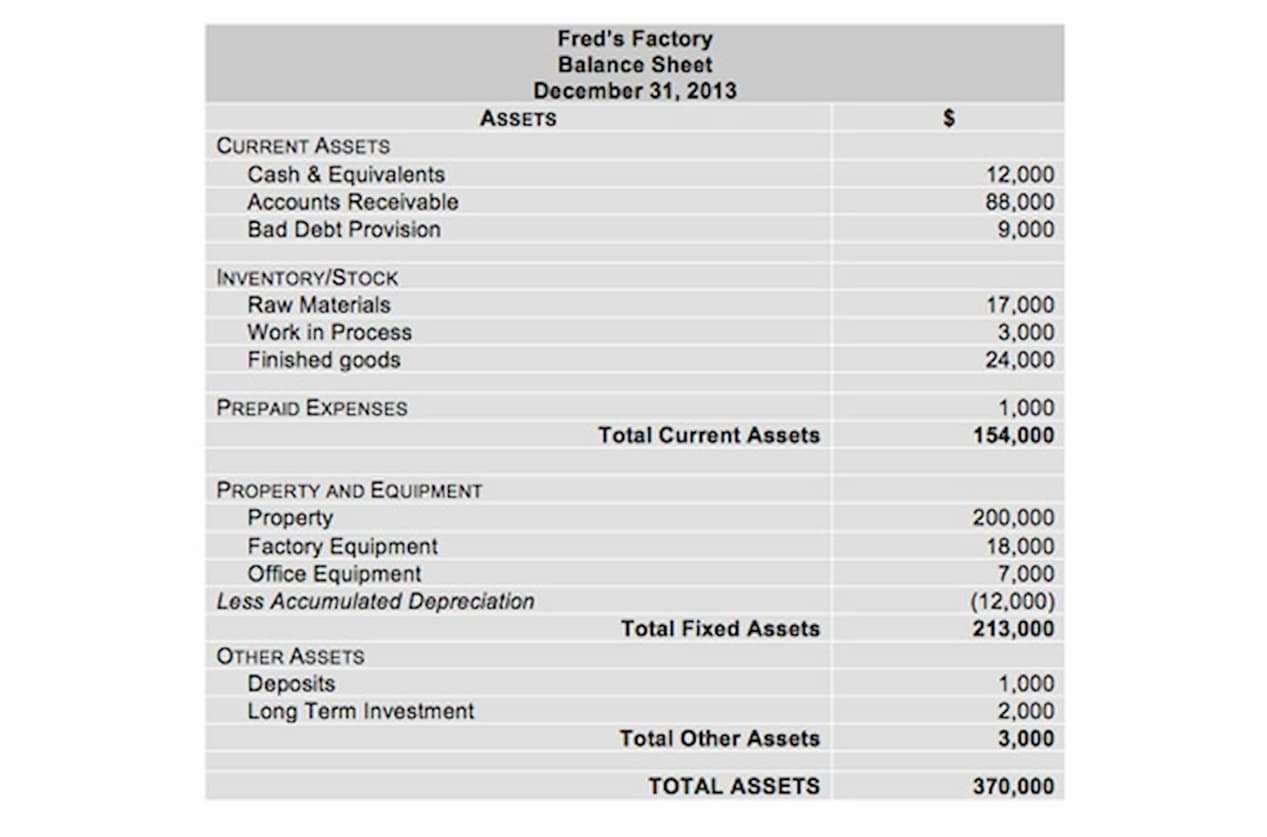
Accountants also generate reports for budgeting, forecasting, and complying with financial regulations. These documents offer insights into the company’s overall financial health and aid in strategic planning. On the other hand, accounting takes the data provided by bookkeeping and utilizes it to perform higher-level analysis and interpretation. Accountants analyze financial records to prepare financial statements, such as balance sheets, income, and cash flow statements. These statements provide a comprehensive view of an organization’s financial health and performance.

Indicators That Your Business Needs Bookkeeping Services
Bookkeepers who are interested in switching jobs but do not have a college degree might consider becoming an EA after a stint with the IRS. This job doesn’t require a college degree, only five years of tax experience with the IRS. If you are already a CPA, you can act as an enrolled agent without passing the exam. If you are interested in becoming an accountant, it may be beneficial to your career to become a certified public accountant (CPA), which has its own exam. If you’re searching for accounting software that’s user-friendly, full of smart features, and scales with your business, Quickbooks is a great option. In https://www.bookstime.com/ financial services, professionals must comply with AML and KYC regulations to prevent illegal money laundering activities and verify clients’ identities.
Key Differences Between Bookkeeping and Accounting
If you want to explore more day-to-day tasks, read our article about what a bookkeeper does. Based on this information, accountants work with bookkeepers to develop realistic budgets, set financial goals, and allocate resources effectively. Bookkeepers help monitor and track budget performance, providing feedback to accountants for adjustments or revisions as needed.
- They assist in making informed decisions about budgeting, pricing, expansion, and investment strategies.
- Digital technology has made organizing and sharing financial records much faster and safer than using only paper.
- In other words, an audit is a necessarily unbiased analysis or examination of an organization’s statements.
- While essential, bookkeeping is of relatively low complexity compared to accounting, as it primarily involves ensuring that all financial data is accurately documented and organized.
- She specializes in small-business news,budgeting, saving and wealth management.
- A ledger is a record of sales, expense receipts and other financial transactions.
- A bookkeeper can manage day-to-day tasks, while an accountant can oversee higher-level financial matters, providing analysis, advice, and ensuring compliance.
What is the average salary difference between bookkeepers and accountants?
- Bookkeeping ensures that no details are missed and everything is tracked for future reference.
- A CPA is earned after completing specific educational and work requirements, and passing an exam.
- Accountants take a more holistic approach, analyzing, interpreting, and reporting on financial data—often in the name of providing strategic advice.
- Bookkeeping is said to be the basis of accounting, whereas accounting forms a part of the broader scope in finance.
- Accountants use all the financial data recorded by bookkeepers to create financial statements.
- You can also find a similarly trained certified bookkeeper (CB), certified through the American Institute of Professional Bookkeepers, using AIPB’s job board.
The goal of bookkeeping is to create an accurate, up-to-date record of every financial transaction. So, as far as the scope of these two processes is concerned, Accounting is much broader and more analytical than bookkeeping. To qualify for the title of an accountant, generally an individual must have a bachelor’s difference between accounting and bookkeeping degree in accounting. For those that don’t have a specific degree in accounting, finance degrees are often considered an adequate substitute. The accounting process is more subjective than bookkeeping, which is largely transactional.

Roles During Tax Time

This includes documenting income CARES Act and expenses, categorizing transactions, and maintaining the general ledger. Without accurate records, businesses risk financial misstatements that can lead to compliance issues or poor decision-making. During tax season or other financial reporting periods, bookkeepers supply the detailed records that accountants need to prepare tax filings, financial statements, and forecasts. Collaboration streamlines financial operations and helps businesses stay compliant with tax and regulatory requirements.